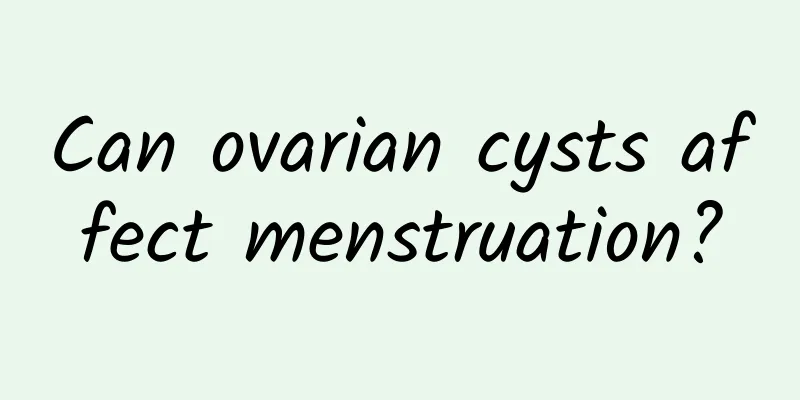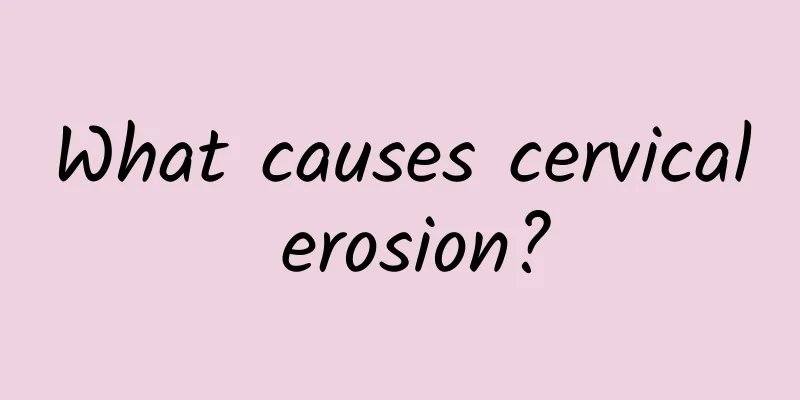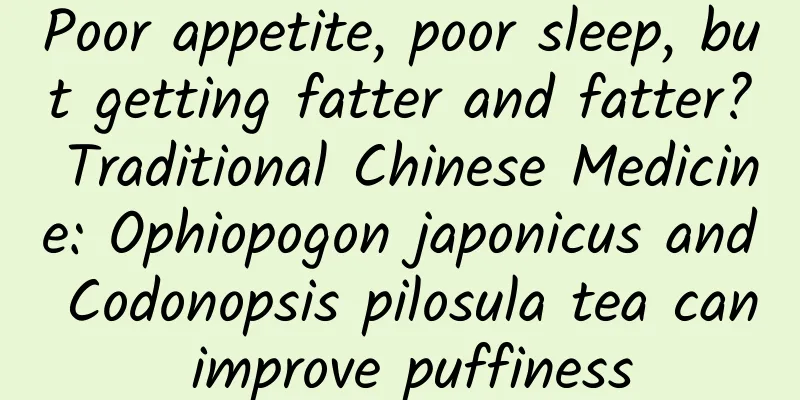Principles to be followed in treating menopause

|
For every woman, the transition from adolescence to old age is an inevitable process. Especially during menopause, women's lives are completely disrupted. They often experience mood swings, facial redness, vulvar itching and other symptoms, which greatly affect their lives. So, what kind of treatment measures should be taken to deal with menopause? Drug treatment: (1) Etiological treatment: During the reproductive period, the cyclical changes in the estrogen and progesterone in the blood of women participate in coordinating the physiological activities of the body, becoming an important factor in stabilizing the internal environment of the female body and maintaining health. After menopause, the continuous decline of estrogen and progesterone causes women's physical and mental dysfunction, and the body produces a series of degenerative lesions, resulting in poor physical health of some women. Etiological treatment is given to these health problems caused by estrogen deficiency. (2) Physiological supplementation: The purpose is to enable the organs of postmenopausal women to function physiologically as much as possible to maintain the health of the body, not to restore their endocrine conditions to the level of the ovarian cycle during the reproductive period, which is physiological supplementation. Physiological supplementation mostly advocates the use of natural estrogens, that is, the chemical structures of estrone, estradiol and estriol. The dosage is controlled at a blood E2 concentration of about 220pmol/L, or within the equivalent estrogen activity range, and should not exceed 550pmol/L. Exceeding this level may lead to an increase in side effects. Since the estrogen and progesterone in contraceptives are in large doses, highly active, and have a non-physiological chemical structure, they are not suitable for physiological supplementation in HRT. (3) During the menopausal transition period, HRT should focus on supplementing progesterone: During the menopausal transition period, the growth and development disorders of follicles gradually increase, and finally the functional follicles disappear from the ovaries. The corresponding changes in estrogen and progesterone during this period are: first, there is a relative lack of progesterone, and then there is a lack of it; the lack of estrogen changes cyclically, although there may be a transient relative excess, the total amount gradually decreases, and finally to lack, forming a relatively excessive or single unopposed estrogen stimulation for a long time. Some women may experience varying degrees of proliferative changes in the endometrium, and even malignant changes. Therefore, during this period, the main focus should be on cyclical supplementation of progesterone to adjust the menstrual cycle and prevent endometrial proliferative lesions. As estrogen gradually becomes deficient, estrogen can be supplemented at the same time. (4) HRT in the late menopause should be mainly based on estrogen supplementation: Early postmenopause ovarian follicle activity basically stops. The blood estradiol concentration drops from about 150-1500pmol/L in the reproductive period to below 80pmol/L within 1-2 years, which is lower than the basic level for maintaining the physiological functions of the body's organs. Endometrial atrophy is completed within 2-3 years after menopause, and the rate of bone loss is fastest within 1-3 years after menopause. Corresponding degenerative changes occur in various organs throughout the body. Therefore, to prevent postmenopausal degenerative lesions, timely and long-term estrogen supplementation should be used. In order to counteract the side effects of estrogen on endometrial hyperplasia, those with a uterus need to add progesterone. After reading the treatment methods mentioned above, you should now know how to deal with the symptoms of menopause. In fact, this is a normal physiological reaction of women. As long as you get through this period, I believe your body will recover. In addition, you should also choose the treatment that suits you according to your physical condition. Don't try random treatments. |
<<: Treatment principles for menopausal syndrome
>>: What are the best ways to treat menopause?
Recommend
What should women eat after abortion? You can use these recipes to regulate your body after abortion
Sophora japonica and Job's tears porridge (Po...
How to regulate premature ovarian failure
Premature ovarian failure can be treated through ...
Can miscarriage be completely cured?
Nowadays, there are more and more sub-healthy peo...
Is it easy to have miscarriage if the father is over 35 years old?
When it comes to habitual miscarriage, people oft...
Pay attention to 3 points for dinner, losing weight is no longer difficult
The key to successful weight loss lies in dinner....
What to do for uterine effusion
Uterine effusion is a manifestation of metritis. ...
Introduction to conservative treatment of uterine fibroids
As a common benign tumor in gynecology, the treat...
What are the characteristics of multiple uterine fibroids? How to treat multiple uterine fibroids better?
What are the characteristics of multiple uterine ...
Experts analyze the common causes of cervical hypertrophy for you
As people conduct in-depth research on gynecologi...
What are the common preventions for irregular menstruation?
Irregular menstruation is also a very common gyne...
What kind of exercise is suitable after abortion?
What kind of exercise is suitable after abortion?...
Women should pay attention to the typical symptoms of vaginitis in time
Vaginitis is a very common gynecological disease....
Is two days of withdrawal bleeding considered menstruation?
Is two days of withdrawal bleeding considered men...
How to effectively prevent vulvar itching
The prevention of vulvar itching is of great conc...
How to completely treat ovarian cysts
How to completely treat ovarian cysts? Ovarian cy...









